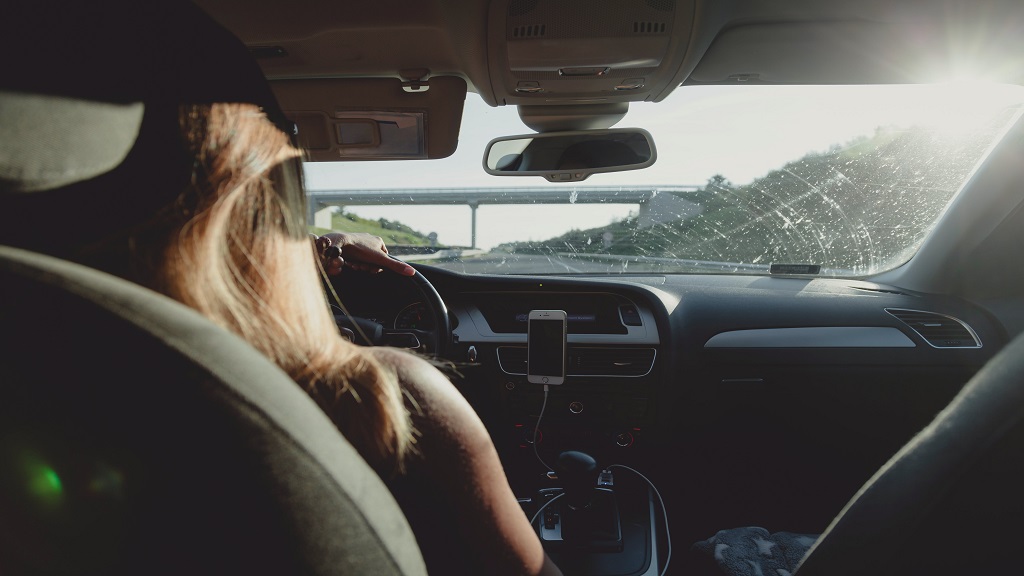
It is good you want to drive cross country alone but as much as it is an exhilarating adventure, it is a dangerous thing to do. Yes, it allows you to explore new destinations at your own pace. However, it’s crucial to acknowledge the potential dangers that come with this adventure. Today, I will be showing you some of the dangers of driving cross country alone and providing precautionary measures to ensure your safety throughout the journey.
Dangers of Driving Cross Country Alone
There are a lot of dangers that can be attributed to driving cross country alone but these are some of the popular ones:
Fatigue and Sleepiness
Of course, this has got to be the first. Fatigue and sleepiness are among the most significant dangers of driving long distances alone. The monotony of the road, combined with extended hours behind the wheel, can lead to drowsiness, impaired reaction times, and an increased likelihood of accidents. To mitigate this risk, take regular breaks, avoid driving during your usual sleeping hours, and prioritize rest by getting enough sleep before embarking on your journey.
Safety Concerns
Solo travelers, particularly women, should exercise caution when sharing their travel plans with strangers. It’s advisable to avoid disclosing that you are traveling alone and to be mindful of your surroundings.
Consider carrying self-protection and survival kits, including items like pepper spray, and familiarize yourself with basic self-defense techniques. Additionally, inform a trusted friend or family member about your itinerary and check in with them regularly.
Navigation and Connectivity
Relying solely on technology for navigation can be risky, as unexpected connectivity issues or technical glitches may leave you stranded without directions. It is essential to have a backup plan in the form of physical maps or written directions. You should invest in a portable hotspot to ensure reliable internet access for real-time navigation updates and emergency communication.
Vehicle Breakdowns
Vehicle breakdowns can be particularly challenging when traveling alone, especially in remote areas. Prepare for unexpected events by carrying an extensive first aid kit, extra water, non-perishable food, and essential tools such as a spare tire, jack, and jumper cables. Familiarize yourself with basic car maintenance and troubleshooting techniques, and ensure your vehicle is in good condition before embarking on your journey.
Security at Stops
When making stops along your journey, especially for overnight stays, prioritize your safety. Choose well-traveled areas and reputable accommodations that have a strong security presence. Avoid leaving valuable items unattended in your car, and consider using a steering wheel lock or an alarm system for additional security.
Precautionary Measures to Ensure Safety While Driving Cross Country
We’ve discussed a handful of them in the section above but here’s a more concise list of things you ought to do to ensure your safety while you drive cross-country alone:
- Plan your route in advance and inform someone trustworthy about your travel itinerary.
- Take regular breaks to combat fatigue and drowsiness.
- Stay aware of your surroundings and trust your instincts.
- Carry self-protection and survival kits, including pepper spray and basic first aid supplies.
- Have a backup plan for navigation and ensure reliable connectivity.
- Maintain your vehicle’s condition and be prepared for breakdowns or emergencies.
- Choose well-traveled areas for stops and overnight stays.
- Avoid disclosing that you are driving alone to strangers.
What are Some Essential Items to Bring on a Cross-Country Road Trip?
The following are important things you should take along with you on your cross-country voyage:
- Valid driver’s license, registration, and proof of insurance.
- Physical maps and written directions as a backup to electronic navigation.
- Portable hotspot for reliable internet access.
- Comprehensive first aid kit.
- Extra water and non-perishable food.
- Basic tools for vehicle maintenance and emergencies.
- Personal safety items such as pepper spray, flashlight, and whistle.
- Emergency contact list and a fully charged mobile phone.
- Comfortable clothing and appropriate footwear.
- Cash and credit cards for unexpected expenses.
Final Thoughts on Dangers of Driving Cross Country Alone
Driving cross country alone offers a unique opportunity for self-discovery and exploration. However, it’s crucial to be aware of the potential dangers and take precautionary measures to ensure a safe and enjoyable journey.
By prioritizing rest, being cautious of your surroundings, preparing for emergencies, and maintaining open lines of communication, you can mitigate risks and make your cross-country adventure a memorable experience. Safe travels!
